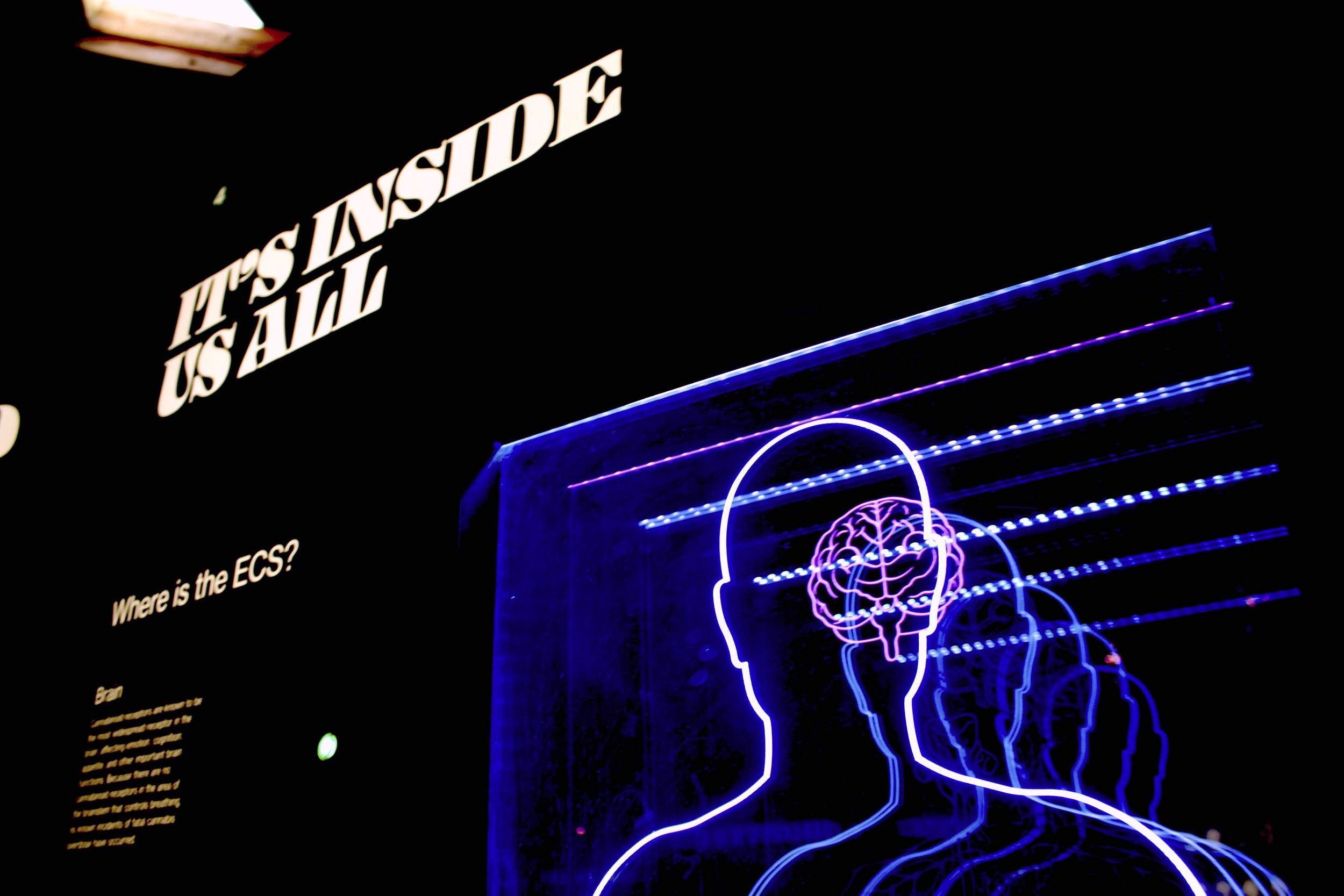“You’re weak my child, suck it up.”
If this phrase is painfully familiar to you, you might also recognize the scene that follows: pacing around your room, battling the voices in your head telling you that you are not doing enough. And when you finally muster up the confidence to confide in your parents, you are dismissed. For them, this pain is temporary and can be suppressed.
I mean, can you blame our parents?Mental healthwas taboo when they were growing up. Anxiety translated into nervousness, and depression was pegged as merely feeling sad. Without havingnormalized conversationsregarding mental health, they believed that suppressing their feelings enough would cause them to simply go away. I feel sorry for our parents' generation who were primed to believe that their mental health was not priority enough to receive proper attention.
With this being said, I applaud our generation, Generation Z, for engaging in honest conversations about mental illness, and treating it for what it is -- anillness.
Older generations perceive Gen Z as weak regarding mental health and throw around frivolous terms without realizing that they are contributing to this generation’s mental spiral. I want to assure you that asking to see a therapist and seeking propertreatmentdoesn’t make a child weak, and any parent should be proud that their child came to them before it was too late.
The Devastating Truth
Suicide rates among teens have increased tremendously in recent years. It is the second leading cause of death among teenagers in2017.Our generation seems unphased with the notion of death, and unfortunately, these statistics don’t come as a shock to us. I personally know many individuals who have struggled with talking to their parents about anxiety and depression. The ever-present fear that parents will dismiss their illness and recite the familiar line “suck it up” deters kids from confiding in their parents. If you are a parent reading this, you should feel fortunate if your child is self-aware enough to understand the extent of their illness and ask for your advice. Many would do anything for a second chance to help their kid.
The Stigma
The American Psychiatric Association found thatself-stigmaleads to poorer mental illness recovery.Stigmacan worsen symptoms of mental illness and can reduce the likelihood of seeking treatment. I grew up in a traditional South Asian household where mental illness was rarely talked about. I remember feeling hopeless, feeling no one would take me seriously. But remember, this not only affects those who are dealing withmental illnessesbut their loved ones, as well. My parents were extremely supportive and attentive to my problems. They knew that with the right support, I could overcome this battle... However, my parents are, unfortunately, the exception and not the norm.
So... Now What?
So how do we address this stigma? Generation Z is blessed to have been born into the digital age and can access copious amounts of information aboutmental illnesses. A2020 surveyof 14 to 22-year-olds found that 90% of young adults and teenagers are researching the effects of mental illnesses through blogs, podcasts, and other anecdotal stories. Knowledge is power -- research and ask for help. The more we normalize conversations surrounding mental health, the closer we are to ending this painful stigma.
Throughout all of this, I want to reiterate the importance of seeking help. Your mental health is more important than staying up for an exam. Your mental health is worth more than a presentation for your sociology class.You are worth it.Help is just a click away. A scroll throughInstagramfeeds can lead you to various outlets and resources. Browsing through TikTok for-you pages can help teenagers recognize that they are not alone in this fight. Don’t let the past generation’s misunderstandings dictate your future. We have the power to eliminate the stigma surrounding mental health. The real question is, will we stand together and act on it?

